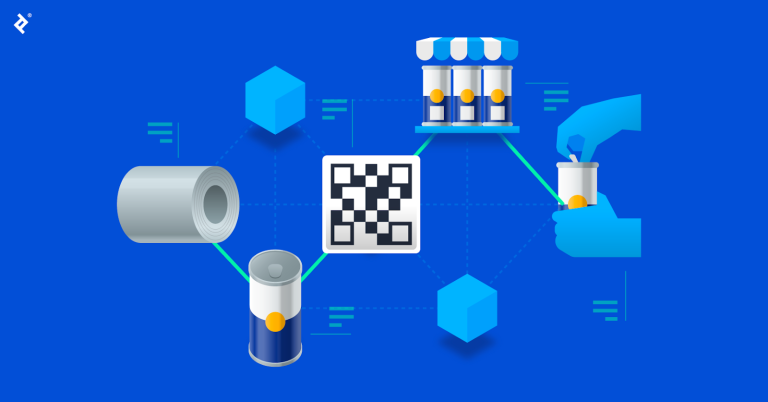The mining industry is essential for global economic growth, yet it is one of the most physically and mentally demanding professions. While considerable efforts have been made to improve physical safety in mines, mental health challenges in the sector have received less attention. For workers stationed at remote worksites, these challenges are often compounded by isolation, long working hours, and difficult living conditions. Addressing mental health in mining is not just a moral imperative—it is crucial for sustaining a productive and resilient workforce.
Understanding the Mental Health Challenges in Mining
Miners, particularly those working in remote areas, face unique psychological pressures:
- Isolation and Loneliness
Mining often requires workers to live in remote areas far from their families and social support systems for extended periods. This separation can lead to feelings of loneliness and disconnection, increasing the risk of depression and anxiety. - High-Stress Environment
The nature of mining work is inherently stressful. Workers deal with physical risks, tight deadlines, and the pressure to maintain productivity. In such high-stakes environments, mental health can easily take a back seat. - Fatigue and Burnout
Long shifts, irregular working hours, and lack of proper rest periods contribute to physical exhaustion and mental fatigue. Prolonged stress without adequate recovery time often leads to burnout, a condition that negatively impacts both mental and physical health. - Cultural Stigma Around Mental Health
In many mining communities, discussing mental health is still stigmatized. Workers may fear being labeled as weak or unfit, discouraging them from seeking help even when they are struggling. - Impact of Fly-In, Fly-Out (FIFO) Arrangements
FIFO arrangements, common in the mining sector, require workers to travel long distances for work and stay on-site for weeks. The repetitive cycle of being away from home can strain family relationships and diminish overall well-being.
Recognizing the Signs of Mental Health Issues
Common signs of mental health struggles in miners include:
- Irritability or sudden mood changes
- Difficulty concentrating
- Physical symptoms like headaches or fatigue
- Withdrawal from colleagues and social activities
- Decline in work performance
Early recognition of these signs is essential for providing timely support.
Strategies to Tackle Mental Health Challenges in Mining
- Promoting a Culture of Openness
Encouraging open conversations about mental health can reduce stigma and foster a supportive environment. Leadership teams should model this behavior by sharing their own experiences or engaging in mental health advocacy. - Mental Health Training for Supervisors
Equipping supervisors with mental health first-aid training enables them to identify early signs of distress among workers and provide immediate support or referrals to professional help. - On-Site Counseling Services
Having mental health professionals available on-site or through telehealth services allows workers to seek confidential support without leaving the worksite. - Flexible Rosters and Rest Periods
Revisiting shift schedules to allow for adequate rest and recovery can reduce fatigue and improve overall well-being. Balancing work demands with leisure and family time is essential for mental health. - Peer Support Programs
Establishing peer support groups within the workforce can create a sense of community and provide workers with a safe space to share their experiences and challenges. - Wellness Initiatives
Programs focused on physical fitness, mindfulness, and stress management can have a positive impact on mental health. Activities like yoga, exercise sessions, and mental health workshops can be integrated into the work routine. - Strengthening Family Support Systems
Mining companies can support workers’ families by offering counseling, maintaining regular communication channels, and organizing family-inclusive events. A strong family connection helps alleviate the stress of being away. - Leveraging Technology for Monitoring and Support
Wearable devices and digital apps can monitor workers’ stress levels, sleep patterns, and overall well-being. These tools can alert management to potential issues and provide data-driven insights for intervention.
Case Studies: Success Stories in Addressing Mental Health in Mining
- BHP’s Mental Health Framework
Mining giant BHP has implemented a mental health framework that includes on-site counseling, stress management training, and a 24/7 employee assistance program. Their initiatives have significantly improved mental health awareness across their workforce. - Rio Tinto’s Peer Support Program
Rio Tinto introduced a peer support network where trained employees act as mental health champions. This program has been instrumental in breaking down stigma and providing a first line of support for workers in distress. - Fortescue Metals’ FIFO Family Initiatives
Fortescue Metals Group has introduced programs to support the families of FIFO workers, including family workshops and subsidized travel arrangements. These efforts have strengthened worker morale and reduced mental health-related absences.
The Role of Policy and Regulation
Governments and regulatory bodies play a crucial role in setting mental health standards for the mining industry. Policies mandating mental health training, access to counseling services, and regular well-being assessments are essential. Additionally, integrating mental health into workplace safety protocols ensures that it receives the same priority as physical safety.
Conclusion: Building Resilient Workforces
The mental health challenges faced by miners, especially those in remote worksites, cannot be ignored. By fostering a culture of openness, implementing targeted programs, and prioritizing worker well-being, mining companies can create healthier, more resilient workforces. Investing in mental health is not just an ethical responsibility—it is a strategic necessity for sustaining productivity and ensuring long-term success in the mining sector.



